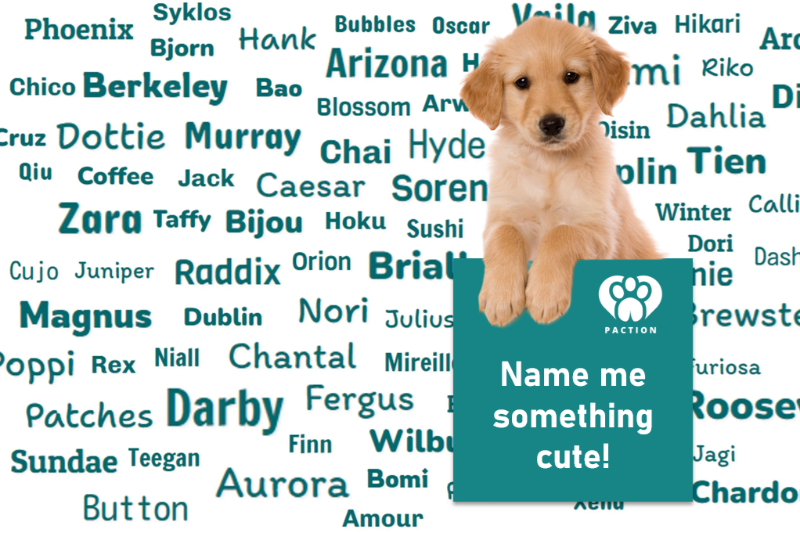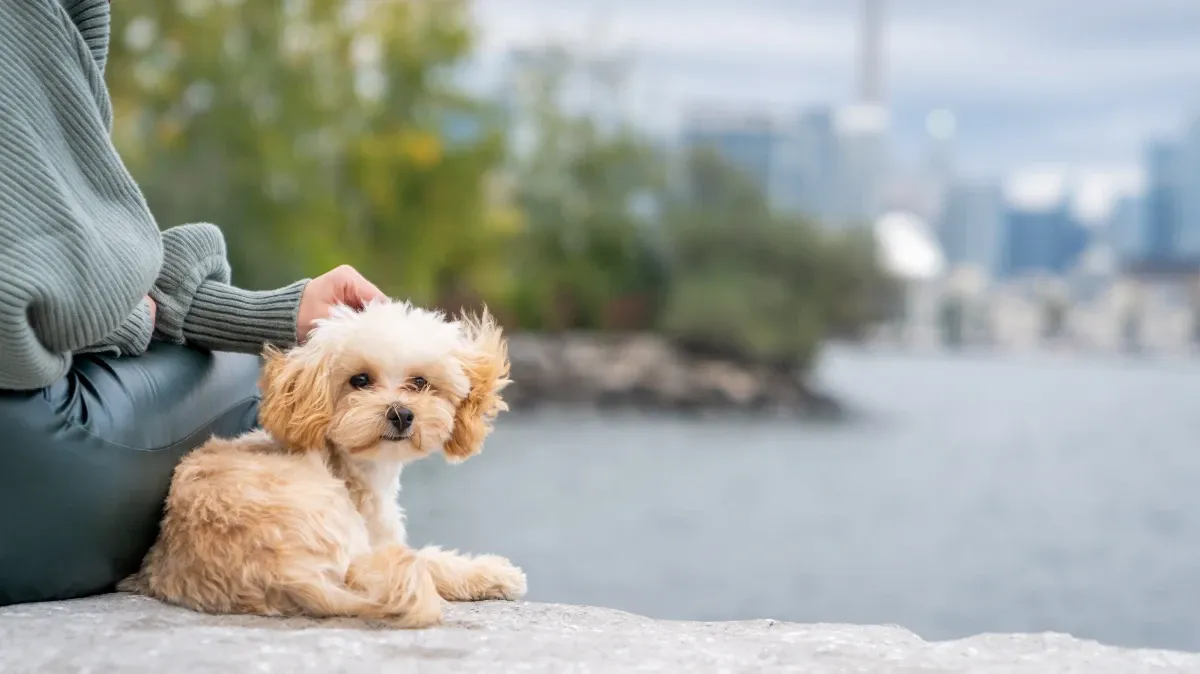Basset Hound
Paw Prints 🐾

Find Basset Hound Breeders Near You
Connect with certified breeders who have Basset Hound puppies available.
Find Basset Hound BreedersGet to Know Basset Hounds
- Distinctive Appearance: Basset Hounds have long, floppy ears that help trap scents close to their nose. Basset Hounds are famous for their iconic appearance. Their short legs are the result of a condition called achondroplasia, a form of dwarfism that gives them their distinctive low-slung build. Combined with their long ears, soulful eyes, and droopy jowls, they exude a charm that’s hard to resist. While their physique makes them less athletic than some breeds, it’s perfectly suited for their original purpose of slow, deliberate tracking, allowing hunters to keep up with them on foot.
- Powerful Nose: One of the most interesting traits of the Basset Hound is its remarkable sense of smell. With over 220 million scent receptors, these dogs can track scents across long distances and difficult terrain. Their long ears and loose skin around their necks play a vital role in this process, as they help sweep scents toward their nose and trap them for better analysis. This incredible ability has made them valuable hunting partners and even useful in search-and-rescue missions.
- Laid-back Nature: Known for their easygoing and friendly demeanor. Despite their hunting background, Basset Hounds are incredibly gentle and affectionate dogs. They are known for their patience and good nature, making them excellent companions for families with children. Their calm demeanor also means they get along well with other pets. However, they can be a bit stubborn, which is why training requires consistency and positive reinforcement. Their lovable, easygoing personality more than makes up for their occasional stubborn streak.
- Low Energy: While Basset Hounds don’t require intense exercise like some high-energy breeds, regular physical activity is important to keep them healthy and prevent obesity, which they are prone to due to their stocky build and love for food. Daily walks, combined with playtime or mentally stimulating activities like scent games, are ideal for keeping their energy levels balanced and their minds engaged.
- Voice: They are known for their deep, resonant bark and howl, which they use to communicate with their handlers during hunts or to express themselves at home. This vocalization can be both endearing and amusing, as it showcases their expressive and sometimes comical personality. With their unique blend of charm, intelligence, and loyalty, Basset Hounds are truly one-of-a-kind dogs that bring joy and laughter to their families.
Breed History
The Basset Hound is a distinctive and ancient breed that originated in France. It is believed to have been developed in the medieval monasteries by French monks who wanted a smaller version of the St. Hubert Hound for tracking game, particularly in dense, forested areas. The breed’s name, "Basset," means “low” or “dwarf” in French, referring to its short legs and long body. Basset Hounds were primarily bred for scent tracking, thanks to their keen sense of smell and low stature that allows them to track scents close to the ground. Today, Basset Hounds are known for their calm, easy-going temperament and are popular as family pets and show dogs.
Personality and Behaviour
- Affectionate and Friendly: Basset Hounds are known for their loving and friendly nature. They are good-natured, gentle dogs that get along well with children, other pets, and strangers alike. They are not known for being aggressive or territorial, making them excellent companions for families.
- Easygoing and Calm: Basset Hounds are laid-back dogs that do not require constant attention or activity. They are content to lounge around the house, making them suitable for families with a relaxed lifestyle. Despite their calm demeanor, they are still playful and enjoy short bursts of activity, such as playing fetch in the yard.
- Curious and Stubborn: These dogs are curious by nature, often following interesting scents and exploring their surroundings. Their stubborn streak can sometimes make training a challenge, as they are independent thinkers who prefer to do things their own way. However, with patience and consistent training, Basset Hounds can be taught basic commands and house rules.
Care
- Exercise: Basset Hounds are moderate to low-energy dogs with a preference for short, steady walks over intense physical activity. They are not built for high-intensity exercise due to their short legs and long back, which can make them prone to joint problems if overexerted. A daily walk (15-30 minutes) and some playtime in a safe, enclosed area are usually sufficient. Basset Hounds are not particularly athletic and can adapt well to apartment living as long as they get regular, gentle exercise.
- Grooming: Basset Hounds have a short, dense coat that requires regular grooming to keep it clean and healthy. Brush their coat weekly to remove loose hairs and prevent matting. Their large, droopy ears are prone to infections, so they need regular cleaning with a damp cloth to prevent buildup of moisture and debris. Nail trimming and dental care are also important for maintaining overall health.
- Training and Socialization: Training a Basset Hound requires patience and consistency due to their stubborn nature. They respond best to positive reinforcement, such as treats, praise, and play. Early socialization is important to help them adapt to various environments, people, and other animals. Gentle, short training sessions are effective, as Basset Hounds can become easily bored or frustrated during long sessions.
Basset Hound Summary
What to ask your breeder?
Here's a short summary of what you should be asking your breeder:
Basset Hound Health Testing
| Screening | Considerations |
|---|---|
| Primary Open Angle Glaucoma | DNA based test results from an approved Lab. |
| Mucopolysaccharidosis type I (MPS I) | DNA based test results from an approved Lab. |
| Thrombopathia | DNA based test results from an approved Lab. |
How Much Does It Cost to Own a Basset Hound Per Year?
Determining the cost of owning a Basset Hound is essential for responsible dog ownership. Use our calculator to estimate expenses, including food, grooming, veterinary care, and more.
The Ultimate Dog Cost Calculator
 Calculate Now
Calculate NowFrequently Asked Questions About Basset Hound
When you talk to a breeder, you're not just asking “do you have available Basset Hound puppies?” You're looking for a match in the process of rehoming a dog. As a prospective dog owner, you are assessing how predictable the dog's health, temperament, and long-term welfare will be and whether the breeder's practices reduce avoidable risk.
You should engage in a conversation about the following topics:
- Which health tests and genetic screening do you do specifically for Basset Hound, and can I see the results?
- What do you do if a puppy develops a serious genetic condition? What contract, policies and support do you offer as a breeder?
- How are puppies raised from birth to 8+ weeks? Ask about socialization, philosophies on early neurological development, handling, and exposure.
The real cost of a dog isn't just the puppy price. After year one, the cost of a dog includes the predictable annual costs + the unpredictable “risk costs.” Your goal is to make the cost legible before you commit, as one of the top causes of surrendering a dog is not being able to afford the dog in later years.
To help you assess these costs, Paction has created the Ultimate Cost Calculator. You can also read an article written by a Paction breeder on why a prospective dog owner should focus on the ongoing costs of dog ownership and not “how much” the puppy costs.
Every dog breed has certain health issues that tend to occur more often, but what matters most is how predictable and preventable those risks are. For many breeds, common concerns include inherited conditions (such as orthopedic, eye, or cardiac issues) as well as lifestyle-related challenges like weight management, dental health, skin or ear problems, and anxiety.
Responsible breeders help reduce inherited risk through appropriate health testing, careful selection of breeding pairs, and transparency about family history. To understand more about responsible breeding programs that prioritize health and genetic screening of breeding pairs, check out Making Science Simple: Canine Genetics for Puppy Shoppers.
As an owner, you play an equally important role. Consistent preventive veterinary care, proper exercise and enrichment, healthy nutrition, and early screening can significantly improve long-term health outcomes.
Whether a Basset Hound is right for you depends less on the breed itself and more on how well its typical energy level, temperament, and care needs align with your daily life. Important factors include your schedule and activity level, living environment, household dynamics (such as children, other pets, or allergies), and tolerance for noise or independence. Long-term fit also comes down to maintenance like grooming, training needs, and how often you travel or rely on outside dog care.
Use Paction's Dog Breed Matchmaker and Pup Time Estimator to find out more about what dog is right for you.


